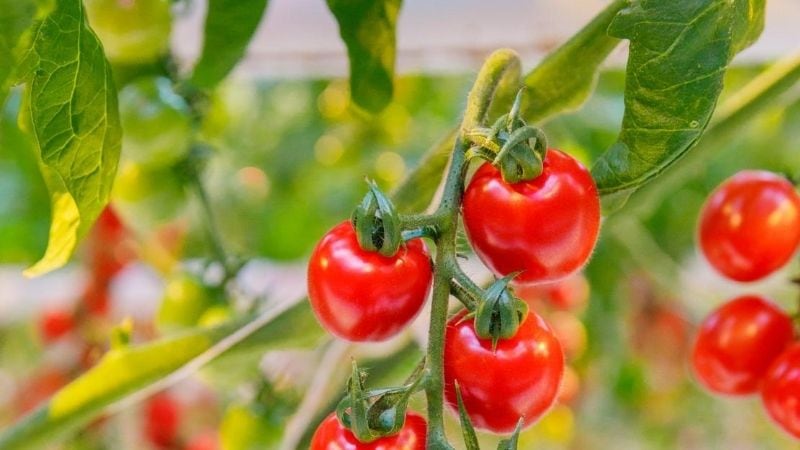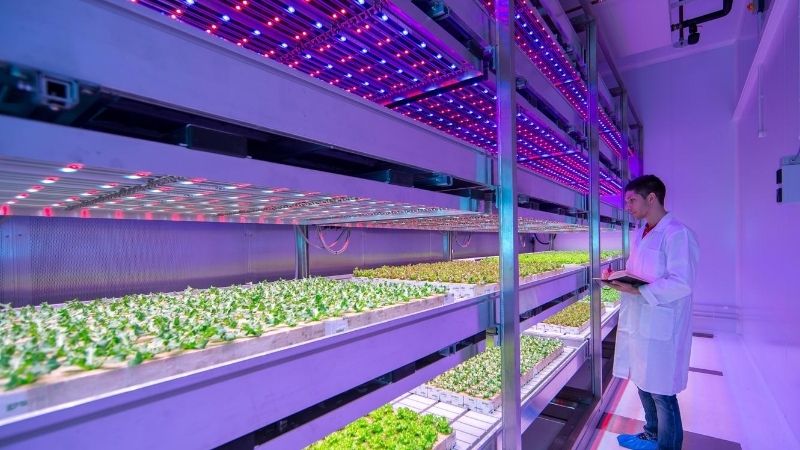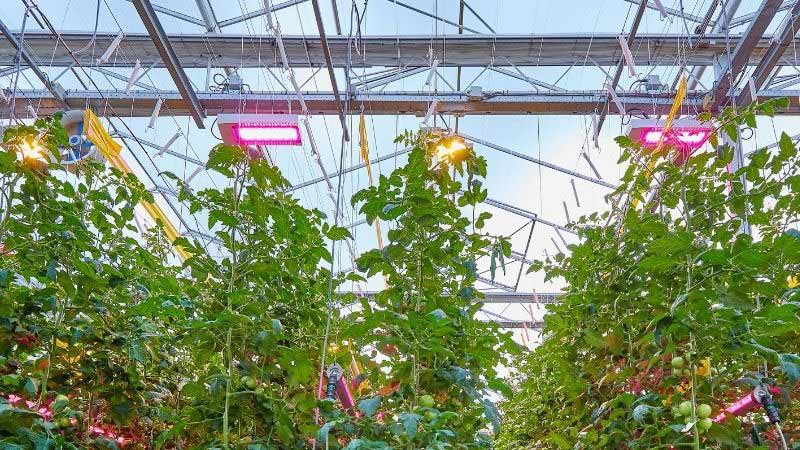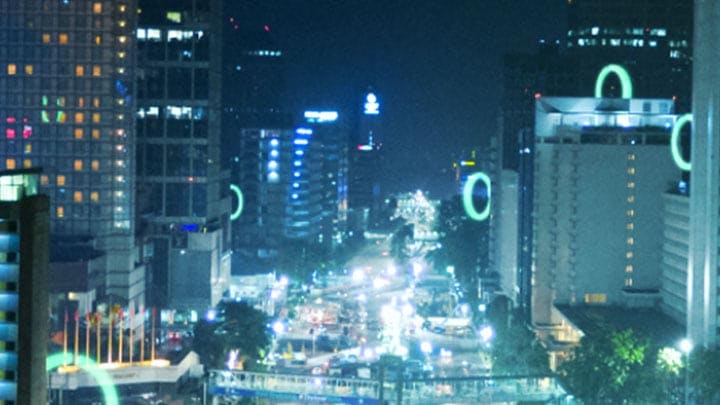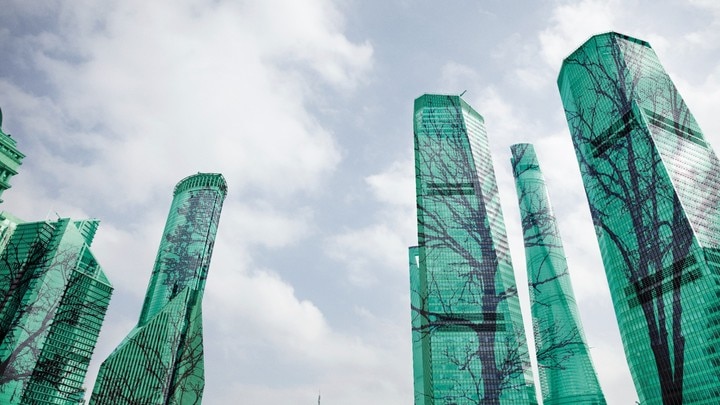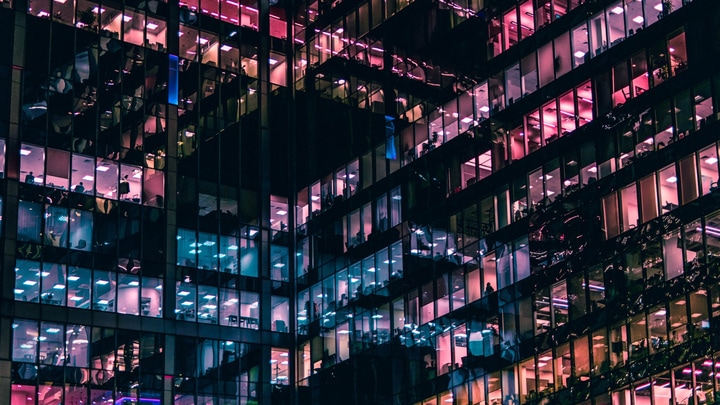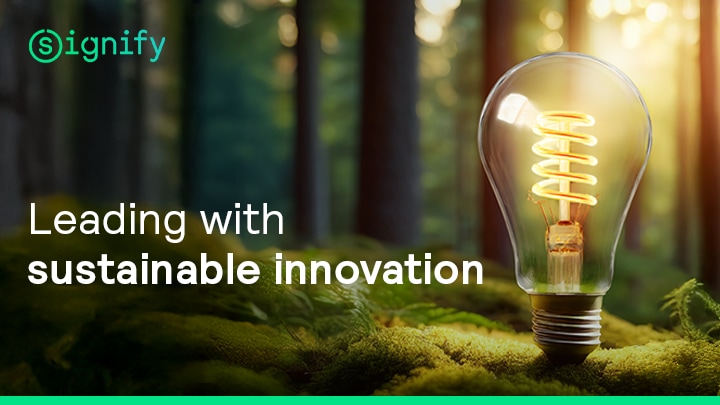August 7, 2020
Indoor farms can use less energy, water, and land than traditional farming methods and may be a big part of our future food system
Significant changes in sustainable agriculture need to be made as our population rises and puts pressure on global food security. In fact, the global food system accounts for about one quarter of the world’s greenhouse gas emissions, consumes the majority of all freshwater, and is the leading cause of deforestation. By 2050, there will be another two billion people on the planet increasing food demand by 70%.
Sustainable alternatives can ensure that there’s enough safe and affordable food. Using artificial lights in horticulture is one way to increase demand without driving up the resource usage.
